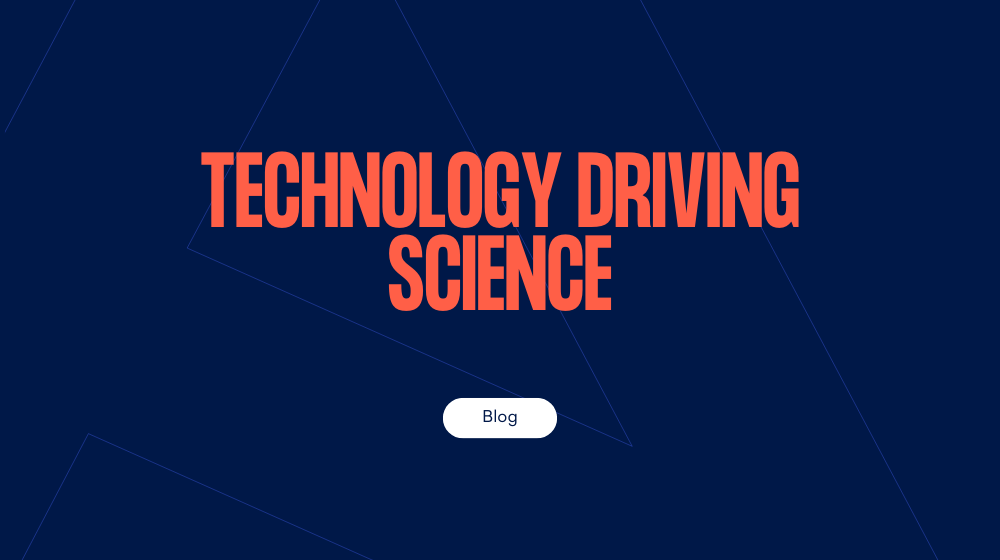Active Profile’s Managing Director Anna Heyes was out and about at the EuroScience Open Forum in Manchester last week. Here, she reflects on four technology-driven research trends impacting R&D projects.
With ‘Science as revolution’ being the title of the conference, the day did not disappoint. I heard amazing leaders, projects and topics discussed in indeed a very ‘open’ forum.
But throughout the day I kept finding myself coming back to the impact technology is having on how we solve our scientific problems and perhaps more interesting for me, how we talk about research methods and converse with people about the amazing stories science research creates.
So I thought I’d share a few inter-connected insights:
1. Gamification - Creating gamification models across international communities of researchers is accelerating the delivery of projects and outcomes. It will certainly be interesting to see how we communicate and engage within these models and share and grow learning experiences together.
2. Crowd sourcing – Technology has given us untold access to people across the globe. Dubbed ‘Citizen Science’, researchers are crowdsourcing researchers for solutions to problems and using similar methods to access larger pools of people for health related trials. Here’s some interesting examples from DigitalGov.
3. Open data – Horizon 2020 research projects are required to make all results freely available through the European Commission’s open access policy. Now, the next phase of Horizon 2020 is adopting an open data model which essentially gives everyone online access to data generated in funded research projects.
4. Digital socialisation – From global pandemics and reaching communities fast, to the western world googling information relating to the Zika virus, technology has had a hugely transformative effect on how we communicate in these situations. But will the growth of digital socialisation help or hinder? How do we determine fact from fiction?
As these themes continue to emerge we look forward to seeing how these technology trends impact our communications around science in the future.
The conference website can be found here.



